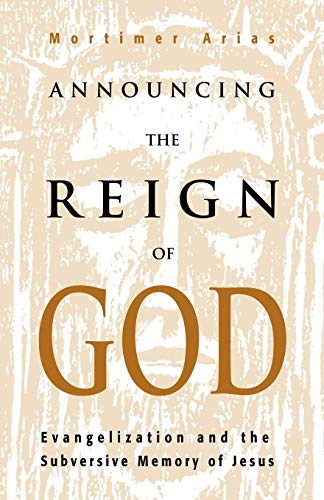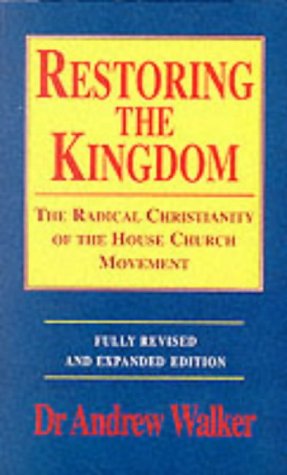Wisdom and Spirit. An Investigation of 1 Corinthians 1:18–3:20 Against the Background of Jewish Sapiential Traditions in the Graeco-Roman Period
Written by James A. Davis Reviewed By Anthony C. ThiseltonWhy does the contrast between wisdom and folly play so large a role in 1 Corinthians? A number of studies have appeared which attempt to answer this question, among others from Wilckens and Pearson. It is generally recognized that the different attitudes on the part of Paul and the church at Corinth are due to something far more fundamental than varying evaluations of human eloquence or reason. Indeed chapters 8–14 underline his own positive view of rational appeal. Neither do appeals to some early form of gnosticism at Corinth provide a convincing answer. James A. Davis takes as his starting-point the role of wisdom as this was understood in the tradition of Torah-wisdom in first-century Judaism.
The author is Assistant Professor of Biblical Studies at Trinity Episcopal School for Ministry in Ambridge, Pennsylvania, and this work represents his doctoral thesis at the University of Nottingham under the supervision of Dr James Dunn. The beginning of the argument takes up the Book of Sirach: ‘If you desire wisdom, keep the commandments, and the Lord will supply it for you’ (Sir. 1:26). Devotion to the law means being ‘filled with the spirit of understanding’ (39:6). Davis argues that Sirach ‘equates’ sophia and nomos. ‘By equating sophia and nomos ben Sira united the content and locus of wisdom to the law’ (p. 22). This perspective is compared with that of the Qumran community. Here wisdom is equated less with the law as such than with a particular interpretation of the law. But this is also linked with an ethos of achievement: wisdom is ‘acquired’ and ‘possessed’ by following a particular path. This in turn is thought to relate to a higher spirituality. This set of connections, it is argued, can also be found in Philo.
All this forms a decisive background for the particular understanding of wisdom to which Paul addresses himself at Corinth. It is, in Paul’s view, a wisdom of the world in contrast to that of the cross. The kind of ‘power’ and ‘wisdom’ which characterizes the cross is not that of human achievement. This is the theme not only of 1:18–25, but also of 1:26–31: ‘Let him who glories, glory in the Lord.’ In the same way, in 1 Cor. 2 the contrast is between ‘the wisdom of men’ and ‘the power of God’. This brings the whole issue into close relationship with questions about the Holy Spirit: ‘The Corinthian pneumatics claimed to have come into the possession of such wisdom.… They thought of themselves accordingly as persons living on a higher spiritual plane’ (p. 124). Paul rejects this notion of levels of attainment.
This is an excellent, well researched study which adds to our understanding of 1 Corinthians. In days when it is urgent to compare some strands of modern charismatic theology not only with Paul but also with Corinth, this study benefits the pastor no less than the scholar or research student. I commend it to a wide readership most warmly.
Anthony C. Thiselton
University of Nottingham and University College, Chester






